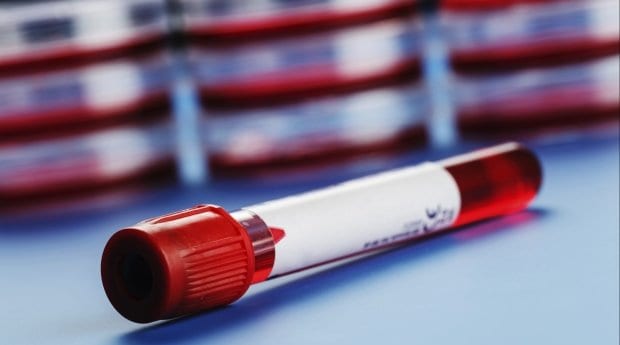The BC Centre for Disease Control (BCCDC) and the Health Initiative for Men (HIM) have teamed up to launch Canada’s first web-based screening program for sexually transmitted infections (STIs), which, in part, will provide more avenues of testing for gay and bisexual men.
The new testing service, Get Checked Online, allows for easy, confidential access to STI screening for gay and bisexual men not wanting to visit a clinic in person in Vancouver.
HIM simultaneously launched its own Just Makes Sense campaign April 7 to promote the new online testing service and to make it more accessible to men who have sex with men, since statistics show they have higher STI rates and represent over half of all new HIV infections each year.
The online testing program is aimed at people who either find it difficult to come into a clinic for regular screening or who would like to get tested more often.
“We’ve had to turn people away in the past because we didn’t have enough capacity,” says Michael Kwag, program manager at HIM. “So here’s another option.”
Kwag says the website will prompt users to answer medical and sexual history questions before determining what tests are recommended. The website will then produce a test requisition form that users can bring to a participating LifeLabs location.
The tests requisitioned will depend on the answers provided by the client in the risk assessment form, Kwag explains.
The requisitions generated online can include blood and urine tests for STIs such as chlamydia, gonorrhea, syphilis, HIV and sometimes hepatitis C. Some tests, for rectal chlamydia for example, must still be done in a clinic, Kwag notes.
Participants who bring their form directly to a LifeLab for testing will receive an email when their results are ready. Negative results can be viewed online, while the BCCDC will contact people with positive results to arrange follow-up care.
While online STI testing is convenient, experts say it won’t eliminate clinic testing.
“We don’t see it replacing the traditional testing methods,” says Greg Oudman, executive director at HIM. “It’s just another avenue for testing.”
“We’re hoping that it’s a tool used by frequent testers that don’t need as much [hands-on] support,” he says.
“The service was developed based on feedback from potential users and clinicians, and has undergone rigorous privacy testing to ensure that patient confidentiality is protected,” says a press release from the Provincial Health Services Authority.
Kwag says the online screening is safe and confidential. “People can use their real names or a pseudonym. It’s similar to how people have already been doing it in the clinic.”
The Get Checked Online pilot phase, scheduled to last 18 months, will be evaluated to see who utilizes the service and the impact it has on the health care system. These results will help inform planning underway to expand the program to other areas of BC, the Provincial Health Services Authority says.
For more information visit getcheckedonline.com or justmakessense.ca
Editor’s note: this article was corrected on April 8 to clarify that the pilot project is aimed specifically at gay and bisexual men, and to clarify the requisition form process.

 Why you can trust Xtra
Why you can trust Xtra


